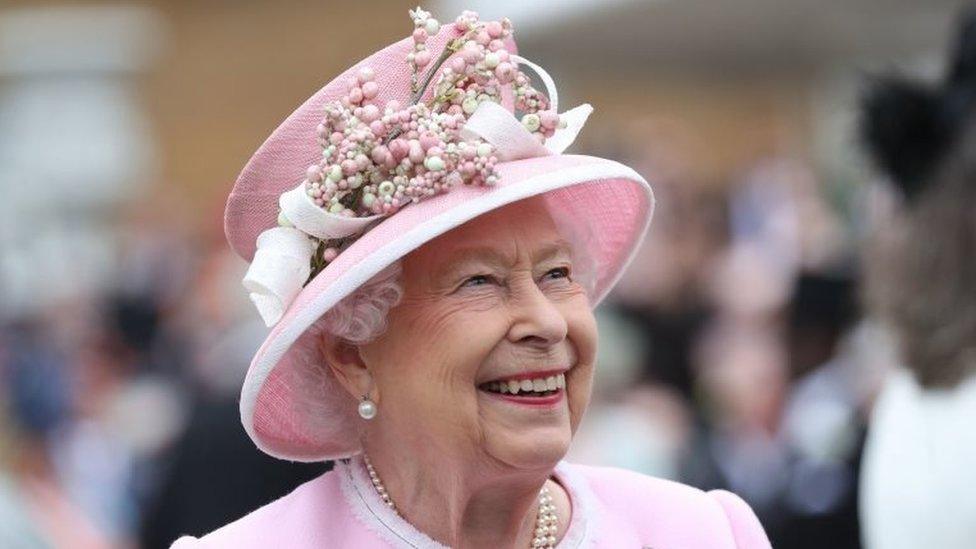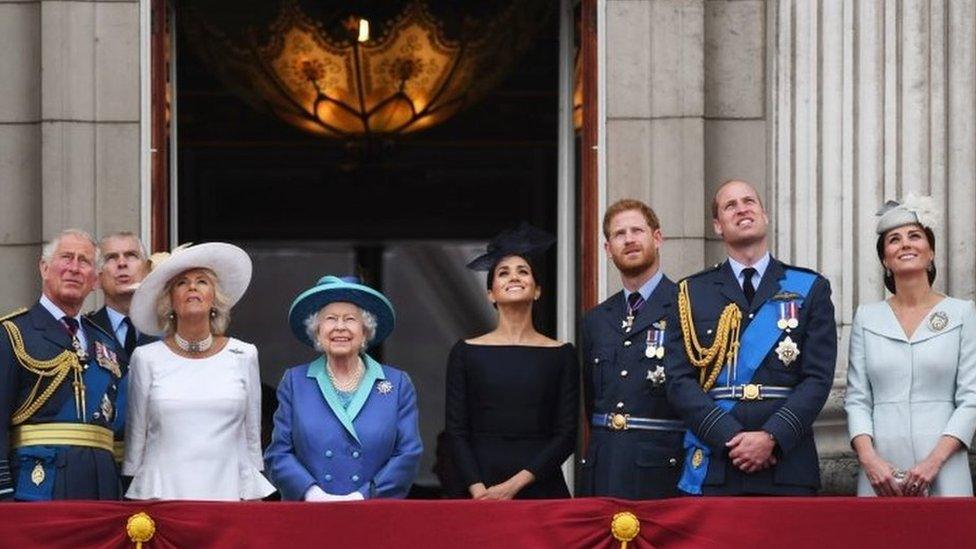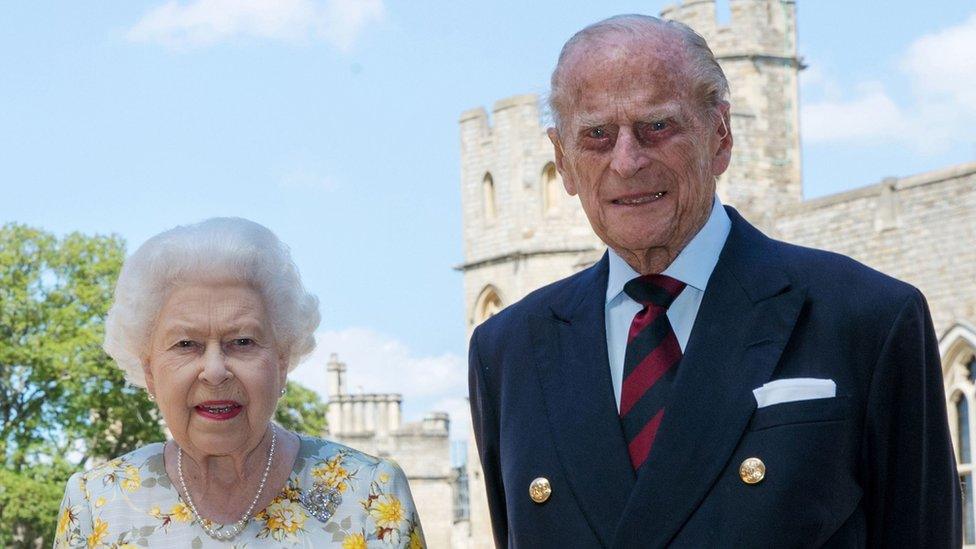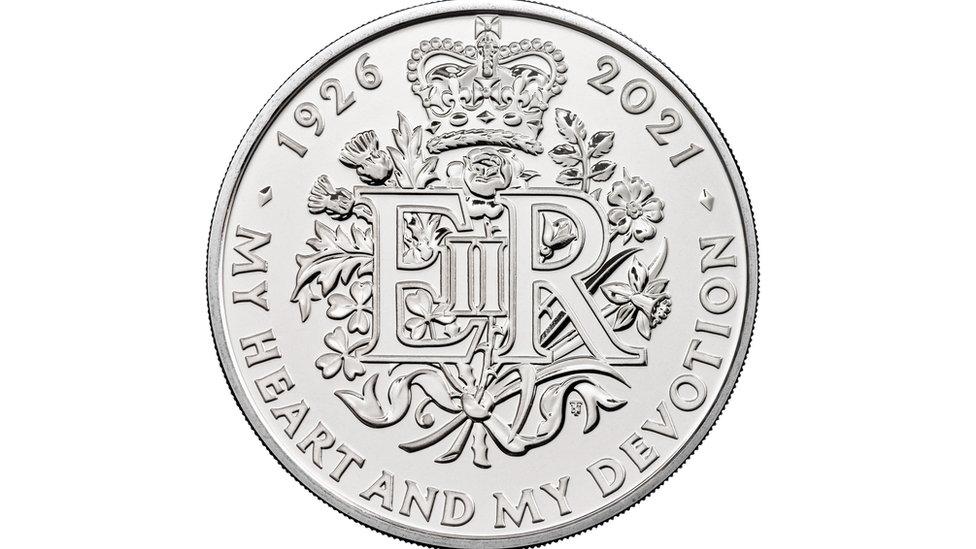Queen shown legislation by convention, Buckingham Palace says
- Published

The Queen was shown legislation which may have forced her to reveal her private finances in the 1970s "by convention", Buckingham Palace says.
Papers published by the Guardian, external suggest the monarch's personal lawyers successfully lobbied to change a draft law to conceal her wealth.
The documents were unearthed as part of an investigation into Queen's consent.
It is a process where Parliament asks for consent when debating bills which affect the Crown's interests.
More than 1,000 draft laws have been seen by the Queen or the Prince of Wales before being approved by MPs as part of the procedure, the Guardian said, external.
Queen's consent is always granted where requested, the palace said.
The long-established convention sees the monarch asked to provide consent by Parliament when it is considering legislation "which would affect the prerogative or interests of the Crown", according to the Royal Family's website.
This process is separate to Royal Assent, where the monarch formally approves to a bill passed by Parliament for it to become law.
Royal Assent has not been refused since 1708.
The government memos, found in the National Archives, date back to 1973.
They show that the Queen, concerned that new legislation might force her to reveal her private holdings in companies, despatched lawyers to argue her case with the then Department of Trade and Industry.
A revision to the draft law subsequently enabled her as a head of state to sidestep the new regulations.
The Guardian suggests that early sight of the draft legislation, under the powers of Queen's consent, gave the monarch an unrivalled opportunity to influence the legislation to her advantage.


This is a good get by the Guardian - shining a light into the always-sensitive interactions between palace and government as regards money.
The palace line on this is pretty simple - the mechanism of Queen's consent is a matter for government and discussions between the sovereign through her lawyers and government departments are a fact of life.
Getting first sight of legislation that may affect you is a pretty significant advantage for any monarch. Not because anyone thinks about a block or veto or a threat of it. But because then you get a chance to get your lawyers round early.
Why is the palace denying a threat of a block, something that no one has alleged? Because, says a source, the allegations put to it by the Guardian were broader than those that turned up in the story published yesterday.
It's not entirely surprising that given the consultation in these areas, the Queen would have something to say.
The Queen is not a normal citizen. The tone of the correspondence published by the Guardian is a little surprising - it suggests a degree of involvement that belies the palace's claim that the mechanism is simply a formality.

The Guardian has compiled a list of 1,062 parliamentary bills that it says have been subject to Queen's consent since Elizabeth II's reign began in 1952 - which works out at about 14 uses of the procedure per year.
It features a wide range of legislation including laws which affected her private estates in Balmoral and Sandringham.
A Buckingham Palace spokesman said: "Queen's consent is a parliamentary process, with the role of sovereign purely formal. Consent is always granted by the monarch where requested by government. Any assertion that the sovereign has blocked legislation is simply incorrect.
"Whether Queen's consent is required is decided by Parliament, independently from the royal household, in matters that would affect Crown interests, including personal property and personal interests of the monarch.
"If consent is required, draft legislation is, by convention, put to the sovereign to grant solely on advice of ministers and as a matter of public record."
- Published25 September 2020

- Published9 January 2021

- Published4 January 2021
